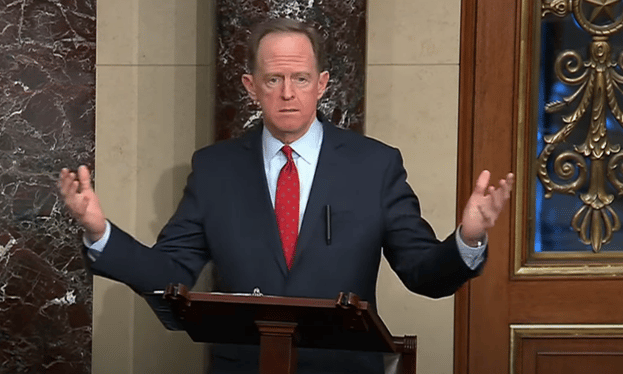The 2022 midterms have finally ended with Democrats acquiring a single Senate seat in Pennsylvania — bringing their majority to 51 to 49 in the Senate — and Republicans picking up nine seats in the U.S. House of Representatives to reclaim the majority there 222 to 213.
It was a remarkable showing for incumbents in an election cycle that historically favors the opposition party, with 94.5 percent of incumbents in the House who stood for reelection winning, and 100 percent of incumbents in the Senate who ran again also winning, according to data compiled by Open Secrets.
Those are historically high reelection numbers for a midterm cycle. In 2018 and 2010, the last two times the House of Representatives changed parties, only 91 percent and 85 percent of House members who ran again were reelected, respectively.
If the reelection rate in the House had been much higher, like in 2002 or 1998, when it was 96 percent and 98 percent, respectively, and the incumbent House Democrats might have even picked up a few seats.
And in 2014 and 2006, the last two times the Senate changed hands during a midterm cycle, only 82 percent and 79 percent of incumbent Senators won reelection, respectively.
So, it’s something of a mixed bag. Republicans won the popular vote in House races by 3 million votes, 54.4 million to 51.4 million, but that was only worth nine seats on a net basis.
The difference was in the races for 18 open seats that changed party hands: Republicans flipped 10 districts in races with open seats that changed, but Democrats also flipped eight of them.
There were only two seats in the House where Republican incumbents lost: Michigan’s 3rd Congressional District and Washington’s 3rd Congressional District.
And in the Senate, the sole seat that flipped, Pennsylvania, was for an open seat, too, vacated by retiring Republican Sen. Pat Toomey.
So, the seats Democrats did the best with were all open seats, an interesting outcome but it makes sense and is definitely related to the incumbency advantage. The Alabama Senate seat once vacated by former Attorney General Jeff Sessions was temporarily scooped up unexpectedly by Democrats in the 2017 special election.
That points to a historical track record where no clear lines of succession by Republicans when they give up seats, but those problems would stack up historically across party lines, too. In 2022, if there had been just a few less retiring Democrats, and they might have kept the House, too.
When Democrats Harry Truman and Lyndon Johnson did not stand for general reelection in 1952 and 1968, leaving the White House open, Republicans won the White House.
That’s why many Democrats undoubtedly want Joe Biden to run for President again. As low as Biden’s approval ratings have been, the odds of a Republican win in 2024 still go up dramatically if Biden stands aside. Anyone who doubts it needs to look at how well their own party did when they willingly gave up seats when they thought victory was assured by a favorable cycle.
Robert Romano is the Vice President of Public Policy at Americans for Limited Government Foundation.







